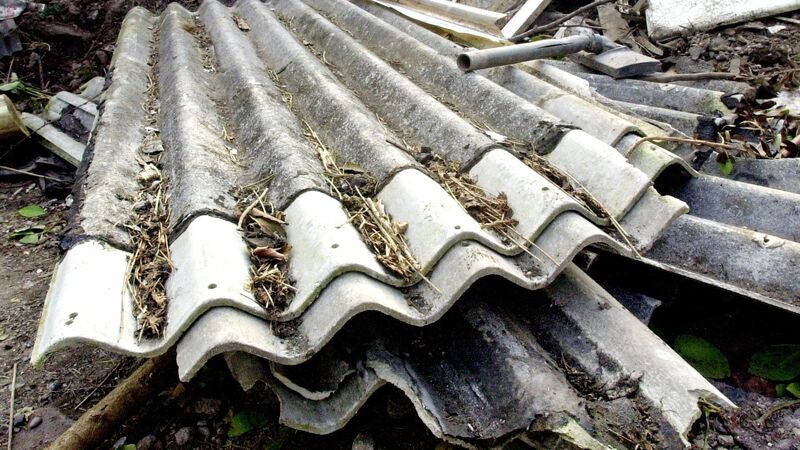Cork villagers demand independent oversight of asbestos clean-up at demolished piggery

It is now illegal to place asbestos or asbestos-containing products on the market, though it is often present in buildings constructed before the millennium. File picture: Denis Minihane
Residents of a Cork village want an independent consultant funded by Cork County Council to oversee plans to clean up the site of a demolished piggery which contained asbestos.
Last week, members of a local residents group in Grenagh wrote to the council to highlight their concerns about the demolition on April 12 and 13.
















